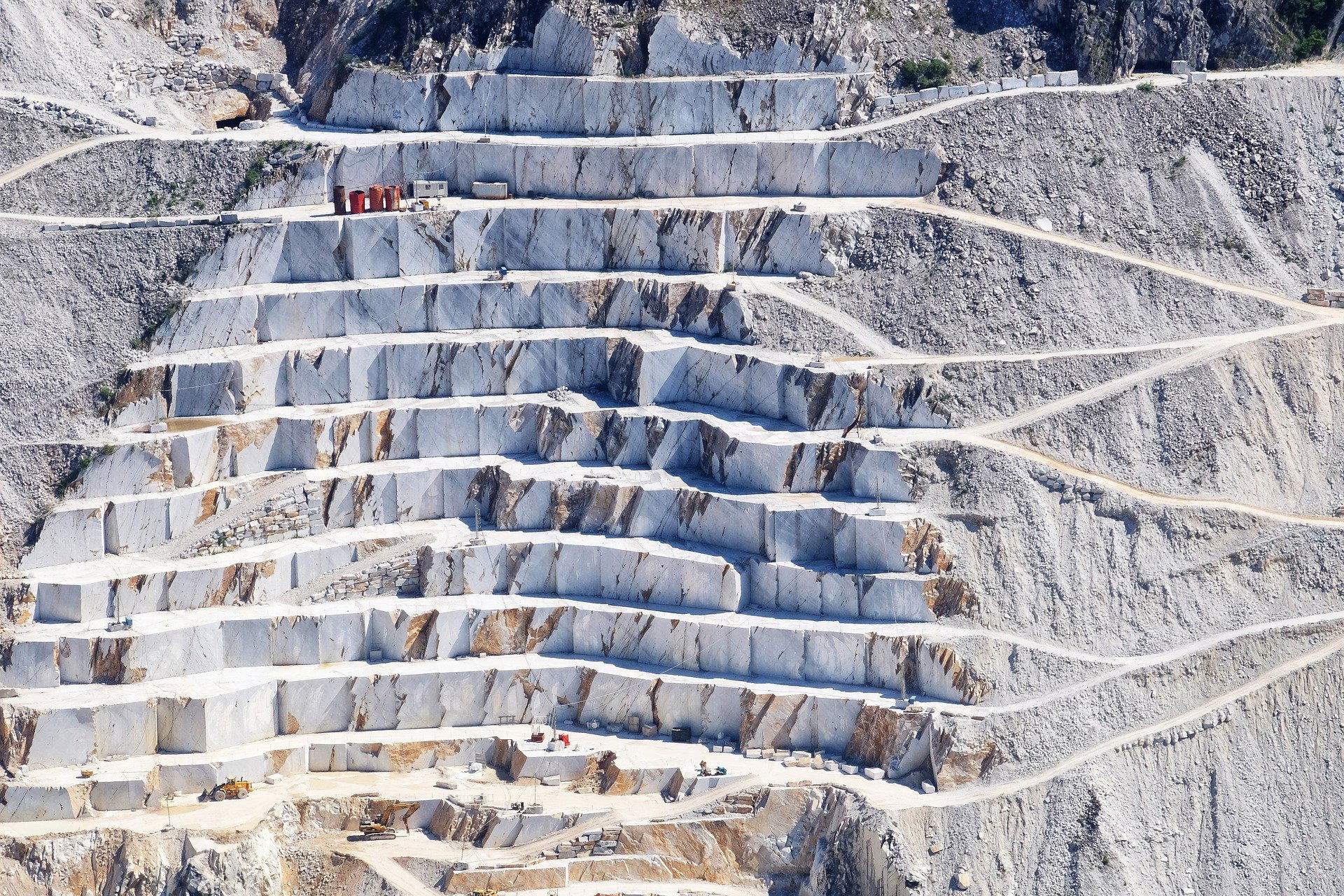How is stone quarried


Quarrying stone is an essential part of the construction industry, providing the raw materials needed to build buildings, roads, and other infrastructure. However, the process of extracting stone from the earth can have negative impacts on the environment and local communities if it is not done in an ethical and responsible manner.
Here are some steps that can be taken to ensure that stone quarrying is done in an ethical and sustainable way:
- Minimize environmental impact: Quarrying stone often involves the removal of large amounts of earth and rock, which can have significant impacts on the surrounding landscape. To minimize these impacts, quarries should implement measures such as dust and noise control, erosion prevention, and the restoration of disturbed areas.
- Respect the rights of local communities: Quarries should consult with and involve local communities in the planning and operation of their activities. This includes respecting the rights of indigenous people and ensuring that their rights are not violated.
- Use sustainable extraction methods: There are several methods of extracting stone from the earth, and some are more sustainable than others. For example, bench quarrying, in which the stone is extracted in horizontal layers or "benches," can be less damaging to the environment than open pit mining.
- Promote the use of recycled materials: One way to reduce the demand for new stone materials is to encourage the use of recycled materials in construction. This can help to conserve natural resources and reduce the environmental impact of quarrying.
In conclusion, ethical stone quarrying involves taking steps to minimize the environmental impact of the quarrying process, respecting the rights of local communities, using sustainable extraction methods, and promoting the use of recycled materials. By following these principles, we can ensure that stone quarrying is done in a way that is sustainable and respectful of the environment and local communities.


